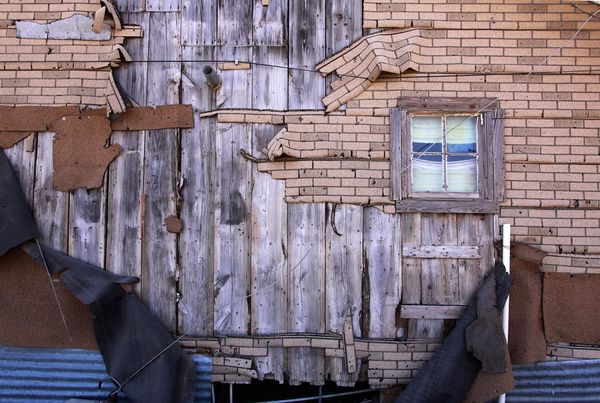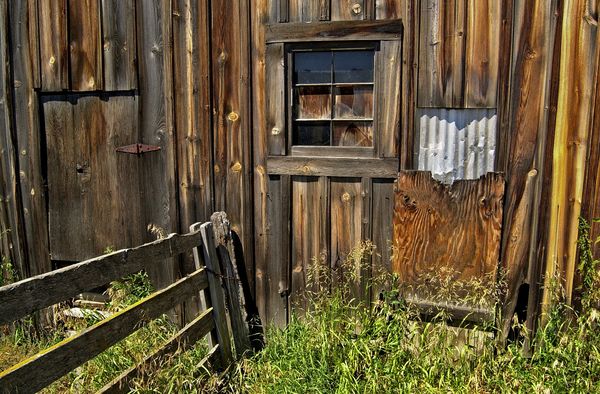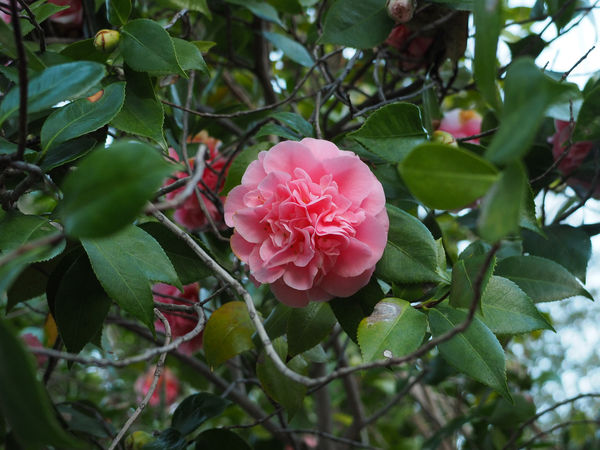Posts for: rodpark2
May 1, 2019 10:19:58 #
And, to top it all off, shooting in manual mode... the camera would somehow change the shutter speed and other settings after each shot. Not sure what to make of that... Perhaps related to auto-ISO? But, I would have to reset all before proceeding, even it was of the same shot, just seconds later.
Sounds like bracketing might be turned on in the menu.
Sounds like bracketing might be turned on in the menu.
Apr 21, 2019 09:06:24 #
I got a used Bogen tripod that had a Bogen 410 head on it for $30. Wasn't sure what I'd use it for, but turns out to be perfect for long lens moon shots. Once you get on target a micrometer drive makes it possible to track the moon as it moves through the frame. Every other tripod head is almost useless. I use 2 sec on the self timer just long enough to get away from the camera, but quick enough to keep the moon framed. Sony HX400V.
Apr 19, 2019 10:49:04 #
Cameras don't see at all. They are dumb machines designed to ATTEMPT at interpreting digital data from light reflected to the sensor into an image as similar as possible to the real. JPEGs are images made by a computer algorithm and then compressed doing away with some critical highlight and shadow detail. RAW images are processed retaining much more original available data, and the final processing is done subjectively by a human. It's possible to make an image much more realistic using RAW data than allowing the camera computer do it. RAW and JPEG images can be "over-processed" to make gaudy, over saturated images. I shoot only RAW and make images that are usually as close as possible to reality. Starting with JPEGs limits what you can do because important information has been discarded in producing JPEGs. Cameras are dumb, dumb, but good at math calculations. A camera can't even tell black from white, and in auto WB even tries to shift dominant colors to the opposite side of the color scale. Try it! Take a black subject and a white subject and shoot them both. Each will be more toward a middle grey. Shoot a bright color and the color becomes muddy as the camera tries to shift away from the color. Allowing the camera to make decisions is similar to taking properly exposed film to a cheap lab and getting back prints that are off color and too light or dark. I can't even imagine being satisfied which what a camera itself produces.
I have an album on FB that is used in my teaching digital photography and most of the shots have an explanation of what they are intended to show. https://www.facebook.com/roddy.parkinson/media_set?set=a.10151620403324344&type=3
I have an album on FB that is used in my teaching digital photography and most of the shots have an explanation of what they are intended to show. https://www.facebook.com/roddy.parkinson/media_set?set=a.10151620403324344&type=3
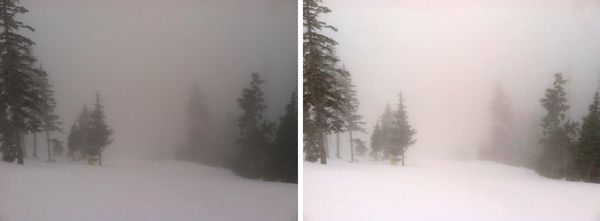
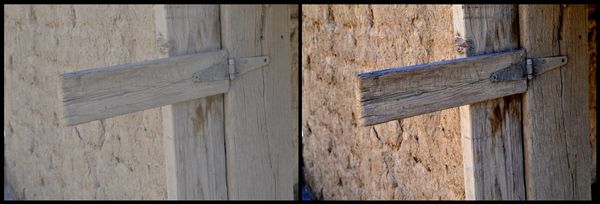
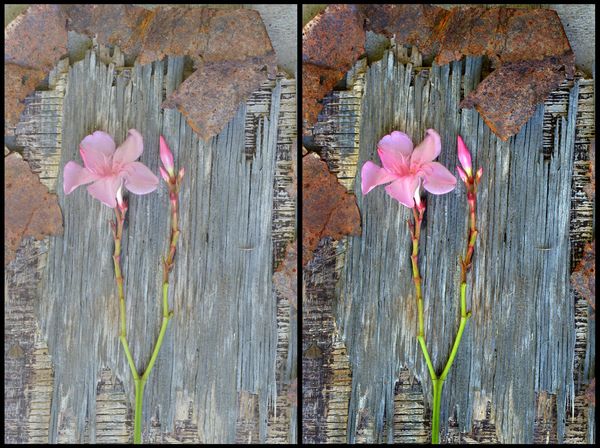
Apr 17, 2019 10:01:30 #
30 secs using spot healing brush tool in Photoshop
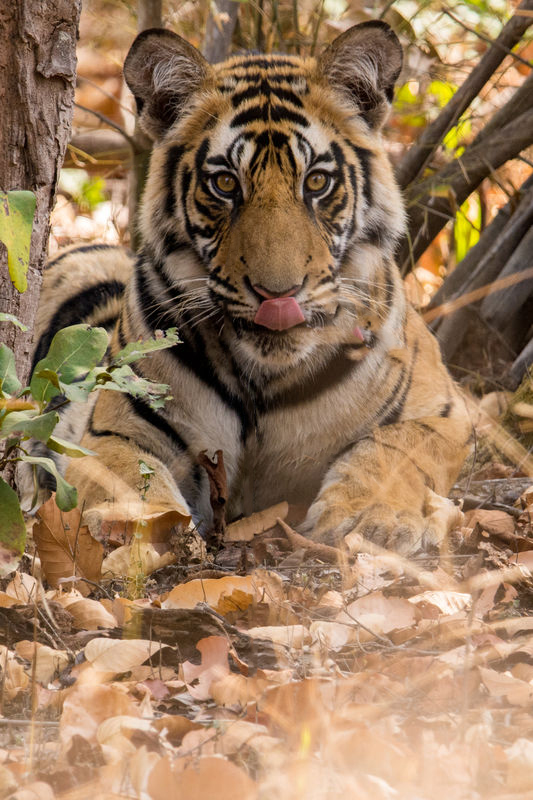
Apr 10, 2019 08:53:28 #
I have a D7100 and can't get that combination at all. 10" is ten seconds, the 2' is non existent as far as I know. You can't set more than 30 seconds manually.
Apr 8, 2019 08:57:02 #
I found even some Canon brand lenses that didn't work well, or in some cases at all. Had nothing to do with aperture, focal length or year made.
Apr 4, 2019 10:21:57 #
For all practical purposes virtually all micro lenses are outstanding.
Mar 31, 2019 09:36:48 #
There is no such thing as "correct exposure." It's almost always a compromise between having highlight and shadow detail that both look acceptable. editing your images, and shooting in RAW gives a lot more latitude to being a little off on exposure. The latest full frame cameras are incredible in dynamic range so getting close on exposure is usually sufficient. An image that portrays a somber/dark mood my be better a little darker, whereas a lighter image helps evoke a happy and lighter feeling. It's an artistic subjective choice. If you shoot in manual mode you change shutter speed or aperture to change exposure, in automatic modes you use exposure compensation. The effect is the same, exactly the same. There are people who insist on shooting in M mode, but most do it for reasons they probably don't even understand themselves. Night shots are about the only time I ever use M, especially moon images. Light meters work the same in manual or auto modes. You just correct the image slightly differently. To argue the point I arranged some students in different lighting conditions and asked the M mode users to take a shot of each one as quickly as possible, while I did the same in Aperture priority. I shot all six in the time the students were still lining up shutter speed and aperture manually. You don't get different or better exposure, you just get it differently. I shoot most of my images in Aperture Priority. Another time I use manual is at sunset. As you recompose and the meter reads the sun and shadows in different parts of the frame, the exposure reading changes. I get a good exposure first, go to manual and use those settings, and then changes in composition won't affect the image if I don't read the meter and readjust each time. The moon is similar. Get a good exposure and lock it in using M settings. Unless there are clouds the same setting should work on all images. As the moon changes slightly in framing the meter will give different suggestions, ignore it. Most of my students who insist on shooting in manual do so because of the false belief that it's more professional and makes them look like pros. Also, if you're not editing your images you are sorely missing out on the control you could have.
Mar 4, 2019 10:38:10 #
Feb 28, 2019 09:02:16 #
The D5600 is really small and a great small camera. There are lots of very decent to great Nikon lenses available a very reasonable prices. I love my Sonys but good lenses are few and far between, very expensive for good ones. Also short battery life. The learning curve would also be much less than the Nikon.
Feb 22, 2019 09:24:37 #
When I got my first D7000 I felt like if cameras never got any better I'd be happy with it from then on. I consider it to be the best digital camera for the money ever made. I'm mostly FF today but still have 2 D7100s that I keep in a bag that always goes in the car with me, always. Megapixels mean little to me, dynamic range is much more important. The only issue I've ever had with older Nikon bodies has been the on/off switch getting a little stiff. I have an old D200 with 136,000 actuations still going strong. Clean low usage D7000s go for about $350 in the Dallas area.
Feb 21, 2019 09:02:38 #
I have the early and later Canon EF 35-2 which are both really good lenses, and recently got the Sigma at a steal of $400 at an estate sale. The Sigma is one of the best lenses I've ever used, and has autofocus which the Loxia doesn't, if that makes a difference.
https://www.opticallimits.com/canon_eos_ff/848-sigma35f14eosff
https://www.opticallimits.com/canon_eos_ff/848-sigma35f14eosff
Feb 11, 2019 09:48:29 #
Fotomacher wrote:
The Nikkor lens does NOT have a focus motor. It uses the motor built-in to Nikon bodies except the D3xxx and D5xxx series. There is a mechanical coupling from the lens to the body.
I think he is referring to the Nikon 80-200mm f/2.8 FX AF-S ED (1999-2004) which does have a built in focus motor.
Feb 5, 2019 09:27:17 #
A 30 sec edit in Photoshop helped. The bright lights affect metering. Color balance was also off.
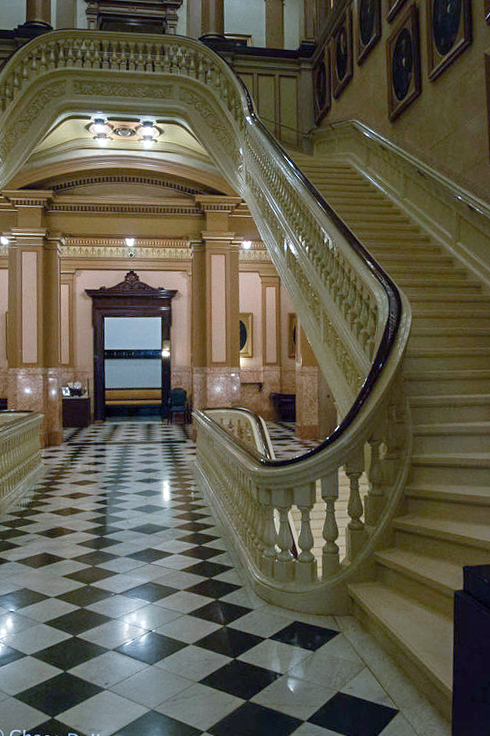
Jan 31, 2019 10:18:22 #
billnikon wrote:
The majority of PRO's who make 100% of their income from photography use professional equipment.
I've been a pro photographer for over 40 years and while I used pro models in film days, I've only owned one pro digital model DSLR, a gifted Nikon D1. Also I've known few pros who used pro digital because the constant advancements in technology often leave the pro models in the dust. I use Nikon D810s, Canon 5D lll and lV, and Sony A7 models, along with lots of less expensive models. Some would call these pro models, but with Nikon and Canon the pro models sell for twice the price of the prosumer models and are often surpassed in technology within a year or two. The people I see using the top of the line models are usually photographers who run through huge numbers of shots and have equipment supplied to them by the people they work for...like news photographers. Quality lenses have a longer useful life span so that's where I invest. Because I also teach digital photography I have to stay current with equipment so I buy, sell and trade constantly. I'm not a wealthy guy, but photography is a priority in my life. Cameras are tools, and a point n shoot may do some jobs as well as really expensive models so I use them also. I've recently been testing old lenses from manual focus film cameras and love the quality and character of some 30-50 year old lenses when adapted to new mirrorless cameras. I'm concerned only with the images I get, not the brand name or status of certain models. I usually take an older model to class so students won't think they have to have the latest and bestest. The shots were done with 2.7 mp Nikon D1 and are printed 24X36 and hanging on my school walls.

